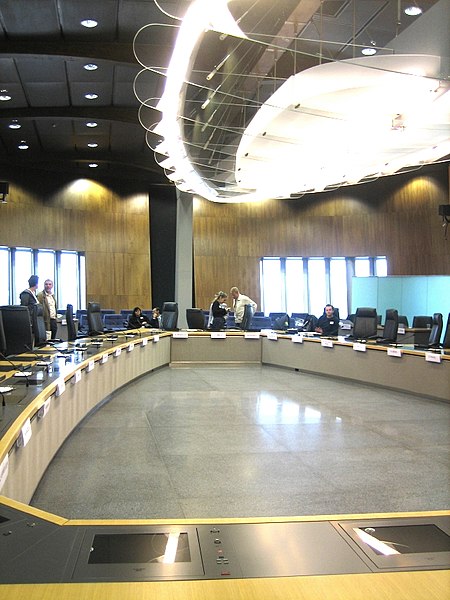

IT is no secret that the EPO grants software patents in Europe. We have been writing about this for many years and insiders now speak about this anonymously; they're not happy about it, nor are they pleased with the systematic decline in quality of EPs.
"Are software patents next on the agenda? Will European software patents finally be eradicated?"Yesterday, AA Thornton & Co's Alex Hughes wrote about EPO changes, but not EPO scandals. They never mention the scandals. They're afraid to rock the boat. Instead, Hughes wrote about "EPO Guidelines for Examination 2017" and concluded with the following portion about intervention by the European Commission (which makes EPO feel like more of an EU institution):
The Guidelines have also been updated to reflect amended Rules 27 and 28 which came into force on 1 July 2017. These rules are discussed here in detail and concern the exclusion of products exclusively obtained by essentially biological processes following the Notice of the European Commission from November 2016.
Products of essentially biological processes Section G-II, 5.2-5.5
The Guidelines have been updated to reflect the amendments to Rules 27 and 28 EPC that came into effect as of 1 July 2017 (with retrospective effect). Thus, the Guidelines set out that plants and animals exclusively obtained by essentially biological processes are excluded from patentability under Article 53(b) EPC.
In its report PaRR states that the DGs squaring off against each other include, on one side, Competition and on the other Internal Market and Industry, and Research. The former backs calls from users of SEPs, including companies represented by the BigTech-sponsored, US-based ACT The App Association, for a prohibition on use-based licensing of SEPs; while the latter are supportive of the position taken by the likes of IP Europe - whose members include Nokia, Ericsson, Orange and the Fraunhofer Institute - which claims use-based licensing is the only way to fairly reward companies that invest billions in R&D and to incentivise them to develop standards that allow interoperability. With 5G on the horizon and the IoT on everyone's mind, this is a live and highly important debate.